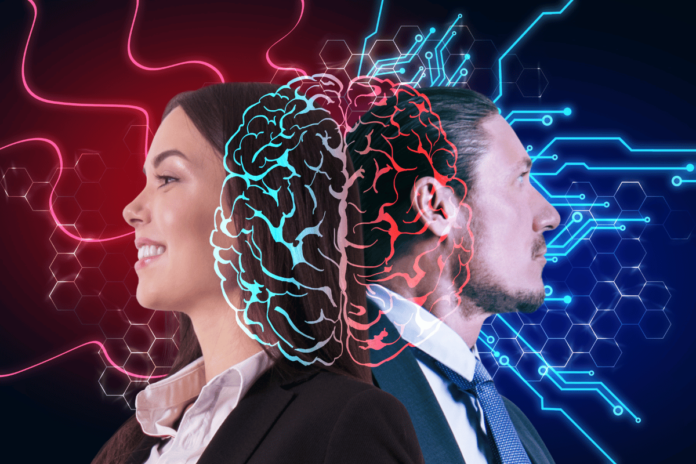What is artificial intelligence?
Artificial intelligence (AI) refers to developing intelligent machines that can perform tasks that typically require human intelligence. These machines can learn from experience, adjust to new inputs, and perform complex cognitive functions like speech recognition, decision-making, and translation. AI can be divided into two main categories: narrow or weak AI, which is designed to perform a specific task or set of functions, and general or strong AI, which is capable of performing any intellectual task that a human can. Examples of AI applications include virtual personal assistants, image and speech recognition, autonomous vehicles, and predictive analytics. AI can potentially transform a wide range of industries, including healthcare, finance, transportation, and entertainment, and is likely to play an increasingly important role in our daily lives in the years to come.
What is machine learning?
Machine learning is a subset of artificial intelligence (AI) that involves training machines to learn from data rather than explicitly programming them to perform tasks. Machine learning algorithms use statistical techniques to identify patterns in data and then use these patterns to make predictions or decisions without being explicitly programmed to do so. In other words, the machines “learn” from the data they are given, adjusting their algorithms and models over time as they receive new data. There are three main types of machine learning: supervised learning, unsupervised learning, and reinforcement learning. Supervised learning involves training the machine to recognize patterns based on labeled data, while unsupervised learning involves instructing the device to recognize patterns based on unlabeled data. Reinforcement learning consists in teaching the machine to make decisions based on feedback from its environment. Machine learning is used in many applications, including image and speech recognition, natural language processing, predictive analytics, and autonomous vehicles.
Why Study Artificial Intelligence And Machine Learning?
There are many reasons why studying AI and machine learning is important, and here are a few:
Studying Artificial Intelligence And Machine Learning Promises A Bright Career.
As AI technology evolves, the demand for skilled professionals who can design, develop, and implement AI systems is expected to increase. Studying AI and machine learning can open up many exciting career opportunities, including data science, machine learning engineering, and AI research roles.
Helps You Live a Good Life
AI and machine learning professionals are in high demand, and their salaries reflect that. According to Glassdoor, the average salary for an AI engineer in the United States is over $100,000 yearly, with some top-paying roles exceeding $200,000 annually.
A Range of Industries are Using AI
AI and machine learning can be applied to various industries, from healthcare to finance to transportation. This means that studying AI and machine learning can provide you with versatile skills that can be used to many different fields.
This is The Skill of Century
In today’s digital age, data is more abundant than ever before. AI and machine learning offer powerful tools for making sense of this data and turning it into valuable insights. AI and machine learning have been identified as some of the most essential skills for the 21st century.
AI and ML Can Ingest A Huge Amount Of Data</h3>
AI and machine learning algorithms can process large amounts of data quickly and efficiently. This means that they can be used to analyze complex datasets that would be difficult or impossible for humans to process independently.
AI and ML Help In Times Of Disasters.
AI and machine learning can analyze data and predict outcomes during natural disasters like hurricanes and earthquakes. This can help emergency responders make more informed decisions and save lives.
AI and ML Benefits the Society
AI and machine learning can be used to develop solutions to some of society’s biggest challenges, such as climate change, poverty, and disease. By studying AI and machine learning, you can contribute to making the world a better place.
AI and ML Can Improve User Experience
AI and machine learning can be used to personalize user experiences, making them more enjoyable and engaging. For example, AI-powered recommendation engines can suggest products and services based on a user’s past behavior, while chatbots can provide personalized customer support.
Final Words
Studying AI and machine learning is a worthwhile pursuit that can open up many exciting career opportunities, help you make a good living, and improve the world. With the demand for AI professionals on the rise, now is a great time to start learning about this exciting field.

